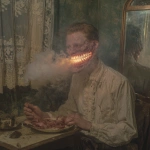Explore the Best AI Image Gallery
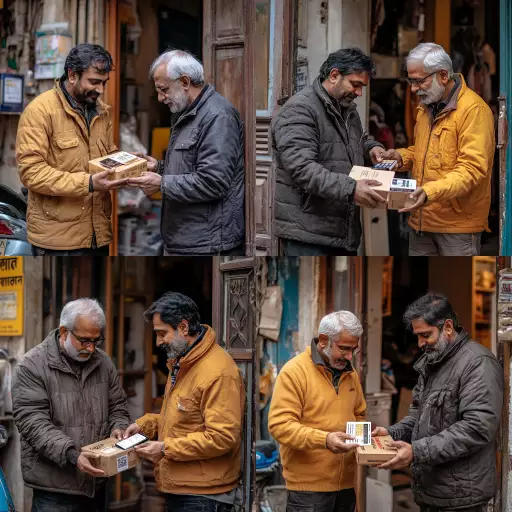
The Algorithmic Muse: How AI is Reshaping the Creative Industry
For centuries, creativity has been the domain of human imagination, a spark ignited by inspiration and nurtured through skill and dedication. But a new force is emerging, one that is blurring the lines between human ingenuity and artificial intelligence (AI). This burgeoning field is transforming the creative industry, opening up exciting possibilities while raising profound ethical questions about the very nature of creativity itself.
A Symphony of Innovation: AIs Creative Potential
AIs influence on creativity spans a wide spectrum, from generating art and music to writing compelling narratives and designing innovative products.
- Art Generation: AI algorithms can analyze vast datasets of artwork, identifying patterns and styles to create unique pieces that mimic human expression or explore entirely new aesthetics. Platforms like DALL-E 2 and Midjourney allow users to input text descriptions and generate stunning visuals, democratizing the art creation process.
- Music Composition: AI-powered tools can compose original melodies, harmonies, and even entire musical pieces in diverse genres. This opens up exciting possibilities for musicians, composers, and sound designers to experiment with new soundscapes and push creative boundaries.
- Content Creation: From writing articles and blog posts to crafting marketing copy and generating scripts for films and video games, AI-powered tools are assisting writers and content creators in producing high-quality work more efficiently.
The Ethical Canvas: Navigating the Complexities of AI Creativity
While the potential of AI in creativity is undeniable, it also raises crucial ethical considerations that demand careful attention:
- Authorship and Ownership: When an AI system generates a creative work, who owns the copyright? This question remains a subject of debate, with implications for artists, creators, and the legal framework surrounding intellectual property.
- Bias and Representation: AI algorithms are trained on vast datasets that can reflect existing societal biases. This can result in AI-generated content that perpetuates harmful stereotypes or lacks diversity and inclusivity.
- Job Displacement: As AI tools become more sophisticated, there are concerns about the potential displacement of human creative professionals. It is crucial to ensure that AI is used as a tool to augment creativity rather than replace it entirely.
The Future Palette: Trends Shaping the Intersection of AI and Creativity
The evolution of AI and its impact on creativity is an ongoing journey. Several trends are shaping this dynamic landscape:
- Increased Democratization: AI tools will continue to become more accessible, empowering individuals with limited technical expertise to engage in creative endeavors.
- Human-AI Collaboration: The future of creativity likely lies in a collaborative partnership between humans and AI, where each leverages their strengths to achieve greater outcomes.
- Emergence of New Creative Forms: AI will undoubtedly inspire the creation of entirely new artistic expressions, pushing the boundaries of what is considered art and challenging our perceptions.
Embracing the Algorithmic Muse
AIs influence on the creative industry is both transformative and profound. As we navigate this evolving landscape, it is essential to approach AI with a sense of ethical awareness, fostering responsible development and deployment. By embracing the algorithmic muse, we can unlock new creative frontiers and redefine the very essence of human expression.
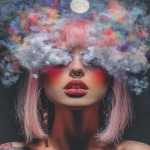
](https://images.ai-img.art/thumbnails/150/26c16e4f635deee86633de398088ca98d9bb748d6e7601436b07e882fab236cb.webp)
](https://images.ai-img.art/thumbnails/150/e6a179db327f0374ec327d0fdab48ac1f2dc47123eed103b0a41ed346280d07d.webp)
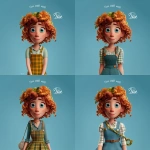
](https://images.ai-img.art/thumbnails/150/184b4b030e30be0a6d51b544226cb4cf2271977814d935d3aaa2b7529355b3b7.webp)
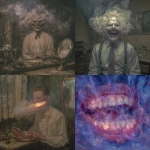
](https://images.ai-img.art/thumbnails/150/655229c40961cb7ff5abd4b4190e02c94ea1a961106e7547a562649c945268be.webp)
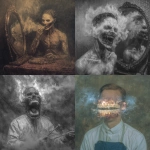
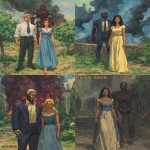

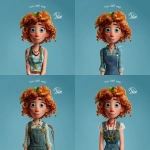
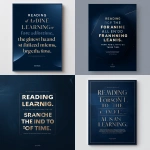
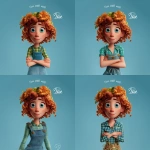

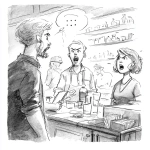

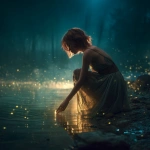
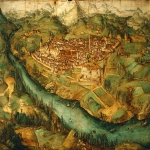
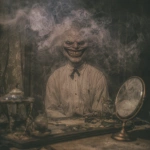

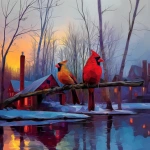

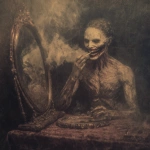
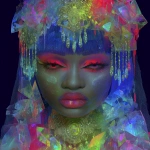
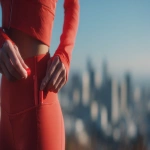
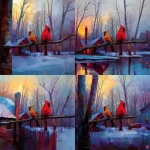
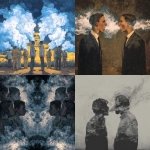
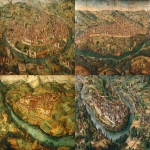

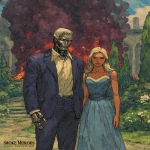
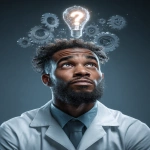
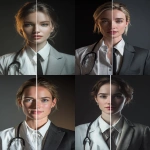
](https://images.ai-img.art/thumbnails/150/6c909fd6d38caac6572b592dd97831deb7d6562bba142798574677582676dfc1.webp)
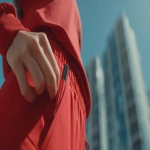
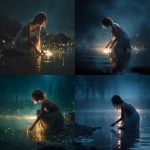
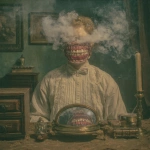
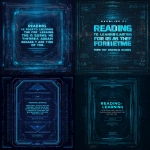
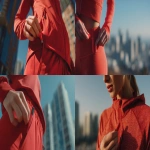
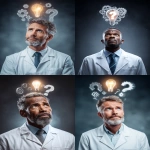
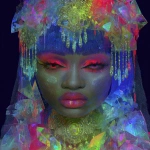
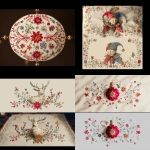
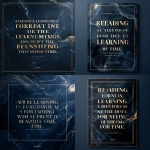
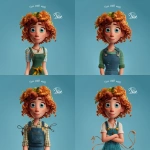
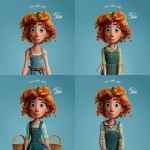

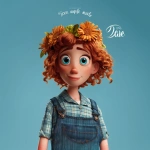
](https://images.ai-img.art/thumbnails/150/60973df1d727dbbf8e6922b7e4836814ab6012106eb9dcfe99aea7aec15f3710.webp)

](https://images.ai-img.art/thumbnails/150/1202074d0d60b08b64d0f91f36468608aaac200a02b721cc8e6d8ec8a908432c.webp)
